Opinion
Columns and essays in ELM Magazine approach current issues from personal and engaging perspectives.
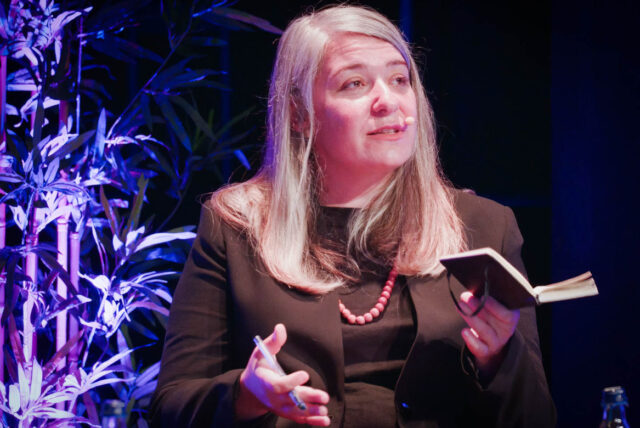
Duygu Güner: “Ignoring the hidden barriers behind low training participation is no longer an option”
In her Speakers’ Corner column, economist Duygu Güner describes the past year as being marked by an enthusiastic discussion on skills shortages and the imperative of continuous reskilling/upskilling efforts in the EU. Nevertheless, determining how to increase low training participation rates remains the main challenge. Speakers’ Corner columns are produced in cooperation with EAEA, the European Association for the Education of Adults.
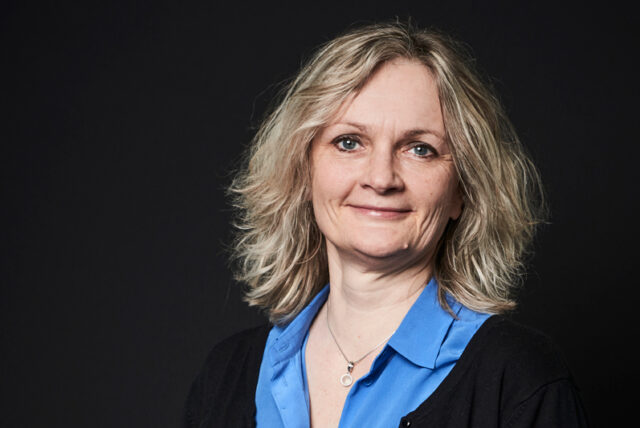
I argue: Visuals play a crucial role in digital learning
In ELM’s "I argue" series, Professor Mie Buhl asserts that visuals are highly influential in digital learning environments, profoundly impacting cognitive development and social capacity within learning practices. The new series of columns, "I argue," features texts written by researchers, each presenting a well-argued statement on a topic of their research.

Joshua Wilhelm: “We shouldn’t ban GenAI, but teach a critical way of using it”
Tools that utilise generative artificial intelligence have spread like wildfire. Joshua Wilhelm, in his column, expresses concern about the increasing, uncritical use of these tools among students. Drawing from personal experience, he proposes a solution: teaching comprehensive AI literacy. How should we do it?
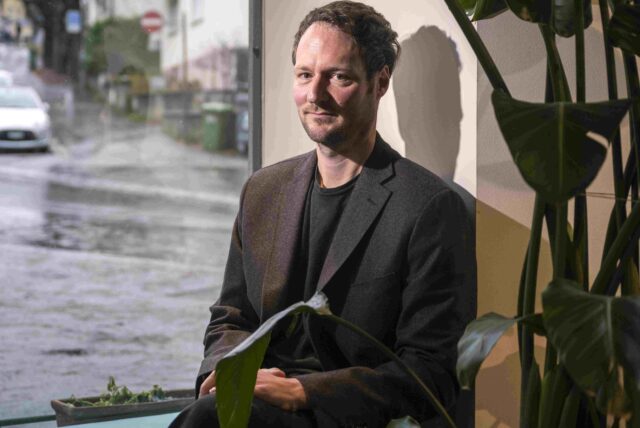
How can we talk with people with radically different worldviews?
Social anthropologist Emanuel Schaeublin, in his column, points out the increasing importance of being able to conduct constructive conversations with those who view the world in radically different ways. He describes two skills which pave the way toward this.

Adult education and civil society organisations: Learning spaces in times of democratic turbulence
Nils-Eyk Zimmermann, in his column, argues that adult education addressing civic competence and active citizenship should be better supported. According to him, civil society organizations play a key role in bringing about social change and solving problems in societies.
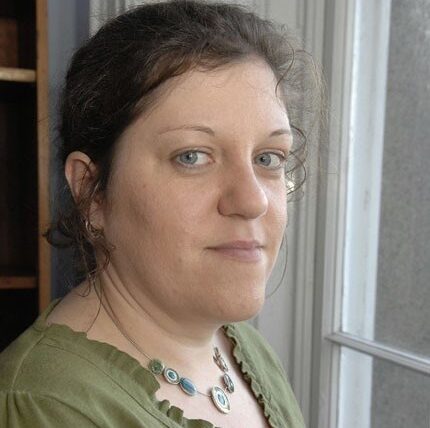
Making health literacy everyone’s business: How Ireland got adult and health literacy on the government agenda
Helen Ryan, in her column, tells how a crucial strategy by the new government played a vital role in prioritising health literacy on the national agenda in Ireland. According to her, the most successful way to promote health literacy issues among health professionals was by telling about people’s lived experience. Data and statistics were important, but it was the human stories that resonated the most.

How can European adult education best support Ukraine? Is reconciliation with Russia even conceivable?
In her column, Tetyana Hoggan-Kloubert emphasises the importance of collaborating with European adult education institutions as a means of supporting Ukraine. She also delves into the complex question of reconciliation with Russia.
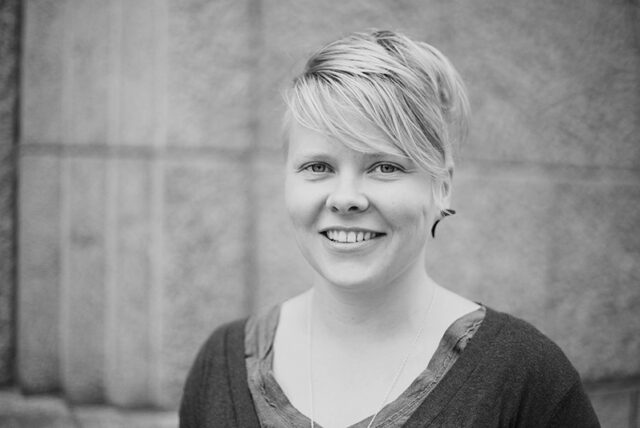
Development aid a must for building democracy in Palestine
Anne Tastula, in her column, brings attention to an important matter: the allocation of development aid to the Palestinian territories. Concerns about the potential misappropriation of funds and their alleged connection to terrorist groups have raised questions about the sustainability of aid from European countries. However, Tastula emphasizes the imperative need to recognise the crucial role that development aid plays in addressing the stability of the area.

From basic skills to competence overkill
In his essay, Michael Sommer looks at the history of competences from the 19th century until today. Like all living beings, humans are learning organisms that must constantly build, expand and adapt their competencies.

Adult education needs shame busting
Shame is often at the heart of resistance to adult learning, writes Professor Jude Walker. We need to drag shame into the daylight to diminish its power. The text is a Speakers’ Corner column written for issue 3/2022 on Resistance.



